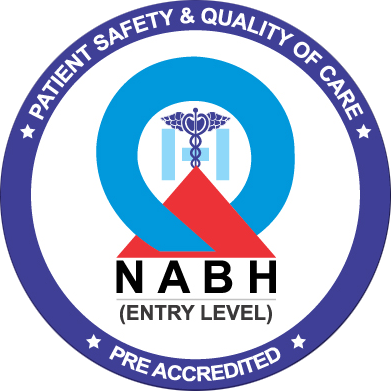
Your eyes are windows to your overall health—especially your retina, the light-sensitive layer at the back of the eye. A retinal examination is crucial in detecting early signs of serious eye conditions, including diabetic retinopathy, macular degeneration, retinal detachment, and more. If you’re wondering what to expect during your visit to a retina specialist, here’s a simple step-by-step guide.
Step 1: Medical History and Vision Assessment
The examination begins with your doctor asking about your vision problems, past eye conditions, family history of eye diseases, and general health—particularly if you have diabetes or high blood pressure, which can affect the retina.
You’ll also undergo a vision test (visual acuity test) to check how clearly you see at various distances.
Step 2: Eye Dilation
Your doctor will put special eye drops in your eyes to dilate (widen) your pupils. This allows a better view of the retina and other internal structures. It takes about 15–30 minutes for the pupils to fully dilate.
During this time, your eyes may feel blurry and more sensitive to light.
Step 3: Retinal Examination Using Special Tools
Once your pupils are dilated, the retina specialist will use a variety of tools to examine your retina:
- Ophthalmoscope or Slit-Lamp Biomicroscopy: These instruments help magnify and illuminate the retina.
- Indirect Ophthalmoscopy: Allows a wide view of the retina using a head-mounted light and lens.
- Fundus Photography: A camera captures detailed images of the retina to document and monitor any changes over time.
Step 4: Advanced Imaging Tests (if needed)
If the doctor suspects or monitors a condition, additional imaging may be recommended:
- OCT (Optical Coherence Tomography): A non-invasive scan that provides cross-sectional images of the retina, helpful in diagnosing macular problems and fluid buildup.
- Fluorescein Angiography: A dye is injected into your arm, and images are taken as the dye travels through retinal blood vessels to detect blockages or leaks.
Step 5: Diagnosis and Treatment Plan
After the examination, the retina specialist will explain your retinal health and discuss any findings. If a condition is detected, treatment options such as medication, laser therapy, injections, or even surgery may be discussed.
In some cases, follow-up appointments are scheduled to monitor the condition more closely.
Why Retinal Exams Matter
Many retinal diseases progress silently, without symptoms in the early stages. A retinal exam can catch these conditions early—when treatment is most effective. That’s why regular check-ups are especially important for individuals over 40, those with diabetes, or anyone experiencing vision changes.
Conclusion
A retinal examination is a vital procedure to protect your vision and detect issues early. If you’re experiencing vision disturbances, flashes, floaters, or simply due for a check-up, consult a retina surgeon in Indore to ensure your eye health is in expert hands.

